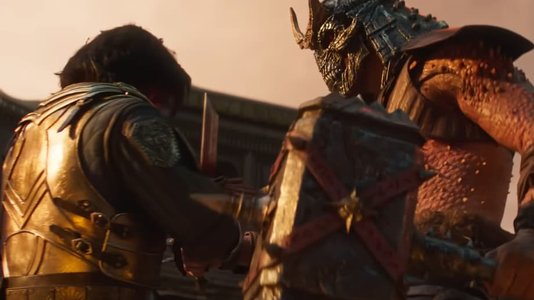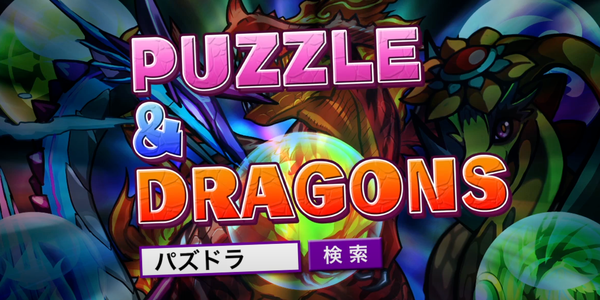[This week, our partnership with game criticism site Critical Distance brings us picks from Ben Abraham on topics including the New Yorker's piece on Ico/SoTC director Fumito Ueda, things to eat in Skyrim, and more.] Hello loyal readers, welcome to another This Week In Video Game Criticism! Let's jump right into another digest of the week's best offerings from around the blogosphere: Straight from the New Yorker's Culture Desk we have Chris Suellentrop's piece on 'The Video Game Art of Fumito Ueda'. It's a little bit purple in places (what writing about games in a mainstream newspaper isn't?) but it's still quite worth reading.
"There are no points in Ico, nothing to collect, and very little to kill. There is also very little dialogue, and nothing that a movie lover would recognize as romance. But it is a love story. The boy's motivation—and therefore, yours—is to help the girl. Sometimes the boy is attacked by shadowy, globular figures and he must fend them off with a stick and, later, a sword. If he fails to do so, the girl is pulled into a void. The prospect of losing a fight evokes feelings of guilt and sadness in the player, rather than panic and self-preservation."
Suellentrop also quotes from Tom Bissell's Extra Lives, referencing some comments of our next entrant this week. Clint Hocking's post this week is a surprisingly self-effacing thesis for a game designer: he reckons that in videogames the players themselves are the creators and artists. Definitely go read his "Nature of Videogames" post. Hocking has been making this point for a few years now, but this is another great examination of it. Another great thing this week comes by way of KillScreen's online presence: it's Gus Mastrapa writing about "Things I Ate In Skyrim". Equal parts absurd and telling, the piece emphasises just how meticulously described-in-code the world of Skyrim is:
"It is raining by the time I get to Rorikstead, a small weatherbeaten farm on the far end of the tundra. Small plots are ringed in by a low wicker fence. An uptight woman works her crops of potato, wheat, and cabbage. 'We're honest, hard-working folk here and we don't suffer beggars or thieves,' she says. I pick all of her crops and sell them back to her, saving one of each to taste for myself. The wheat is edible but unappealing."
Also from Gus Mastrapa this week is the rebirth of his Pretension +1 column on Unwinnable, with a damning future history of game journalism. But my absolute favourite piece of games-related writing from this week was the following: "I'm Tired of Being a "Woman in Games." I'm a person." by Leigh Alexander, writing for Kotaku. Here's the brilliantly combative opening:
"Sexism in games remains an unsolved problem, it's clear. Some of you will be nodding along, and some of you will hear the s-word and roll your eyes and go, "oh, this again?" You guys can piss off-–go click on some new screenshots or a trailer consisting of a release date slowly fading into view. You're hopeless."
Eric Schwartz at the Critical Missive blog writes on aim-assist and other filters game designers place between the players raw input and their in-world actions:
"Sitting down to play Call of Duty: Modern Warfare 2 with a friend in split-screen, it often feels as if there's a third presence in the room – an invisible game designer sitting between the controller and the television, who anticipates my own movements, says "oh, you want to shoot the guy on the left? I see, let me get that for you!" and pulls my crosshair in the right direction. Actually winning in such a scenario feels less about my skill in the fundamental act of shooting, and a lot more to do with my ability to simply select the right targets at the right time."
At the Pop Matters moving pixels blog, Nick Dinicola discusses Rage's excess of empathy, drawn out of him by the excruciatingly detailed character animations. The Ambient Challenge blog has another top-notch piece this week, taking on the Chronicles of Riddick game this time, with 'Assault and Vinegar'. Here's the pithy opener:
"I once spoke to someone about a conversation she had with a schizophrenic man. The man described disembodied voices coming from over his left shoulder. They would comment, offer advice, and sometimes issue commands. The nature of their words were often violent and dangerous, and the man had learned mostly to ignore voices coming from that direction. Not above trivialising a serious mental disorder, I reflected that it must be a lot like playing videogames, except that in videogames you're supposed to listen carefully and do exactly what the voices tell you."
At Nightmare Mode this week Eric Lockaby enlightens us with the following: games are by no means the only interactive thing! I'm going to cheat and quote from the conclusion:
"a videogame's standout feature, a feature that is possessed by no other medium, is that it gives the conceptual author an analyzable presence…The author is systematized, sometimes by the creators (Pac-Man), and sometimes by the system itself (the kill screen). That embedded author "who" we have such difficulty describing, such trouble pinning down, is in videogames preserved in ones and zeroes."
No tags.







































